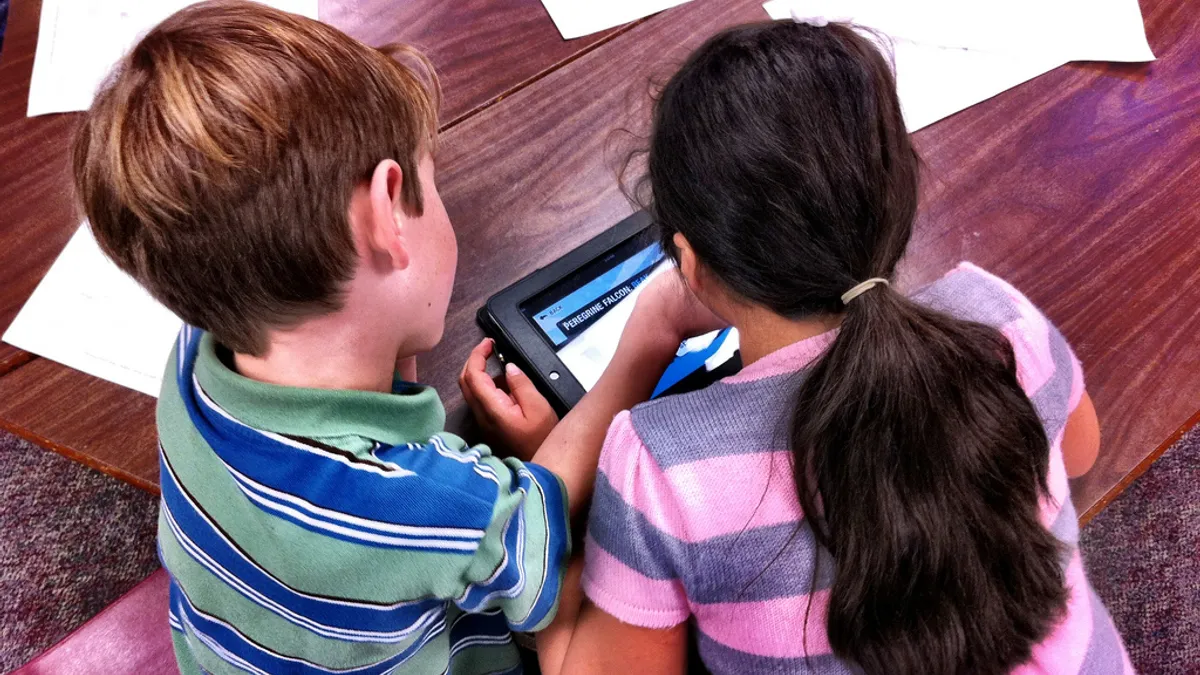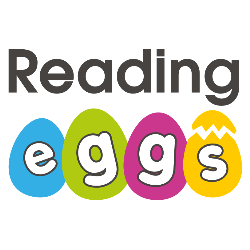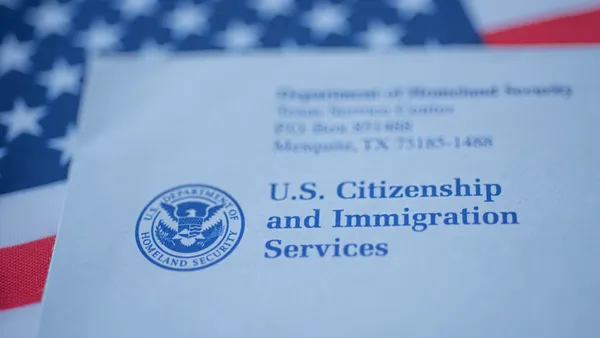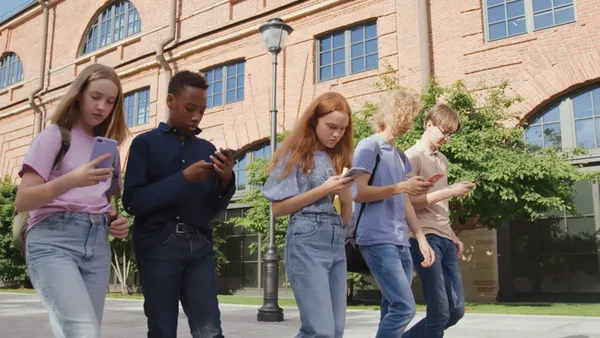Dive Brief:
- While more than half of Apple and Android apps are geared toward children under the age of 5, they aren't developmentally appropriate or geared toward the way preschoolers need to learn, according to a recent report released by researchers at the University of California, Irvine's School of Education.
- Analyzing 171 apps from Amazon's and Google Play's lists of top 10 paid and free math and literacy apps, the researchers found that few of them used methods shown to help children ages 3 to 5 learn, including giving clear prompts, providing clear instructions, and modeling and giving feedback, The Hechinger Report notes.
- To make preschool apps better, the researchers say developers should think about what puts them in the category of practice vs. educational. They also recommend that parents who want to use these apps for educational purposes should look at the program themselves before handing a device over to their child.
Dive Insight:
As the world of education continues to shift, disrupters like technology shape how learning opportunities are offered to students, including the youngest learners. The popularity of and access to blended learning initiatives is rising, and as the rest of society embraces technology's increasingly large role, app developers are taking advantage of the chance to create apps and market them to an educational audience.
These apps, the researchers found, aren't entirely bad – most had a clear goal, and that goal was typically the same across apps – but research-proven tactics shown to help young learners, like showing clear instructions or modeling tasks, were often nowhere to be found. And while technology creates new opportunities for children inside and outside the classroom, some say these widely produced programs are not the best type of instruction in preschool and in early grades because of their tendency to distract children from socializing and hinder social-emotional learning.
With access to early-childhood education lacking in many areas of the country, and with many families not able to afford private preschool, some parents are looking for alternative educational options for their young children, and more are enrolling in online preschool and other free programs to fill this need. But many early-childhood education experts and advocates have warned that these types of programs can result in too much screen time, behavior problems and sleep deprivation and are poor substitutes for high-quality, hands-on learning.
With apps, parents and teachers should be involved in the digital learning that's taking place for young students. It's important for school leaders to keep parents in the loop with new ed tech rollouts at school — including pre-K. As teachers and administrators are faced with more pressure to transform, school leaders must have ongoing discussions with parents and staff members, and make their own choices about what apps and other initiatives are going to work best for their students.











